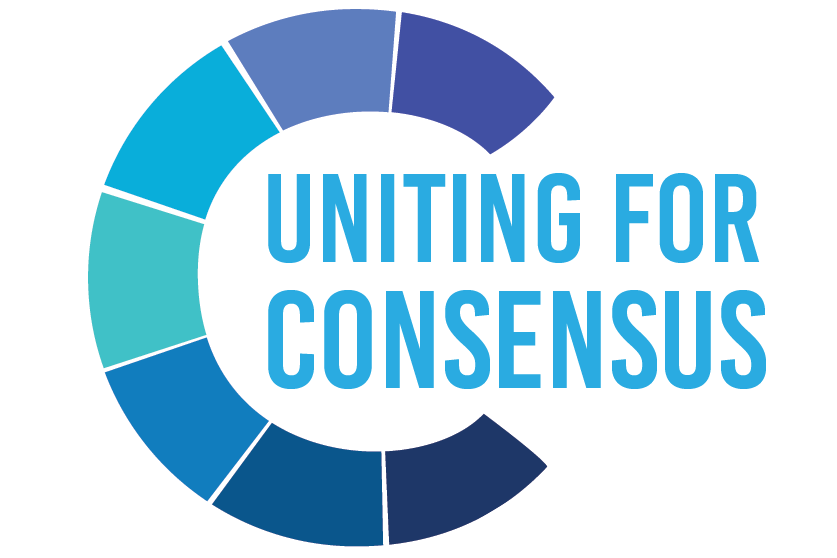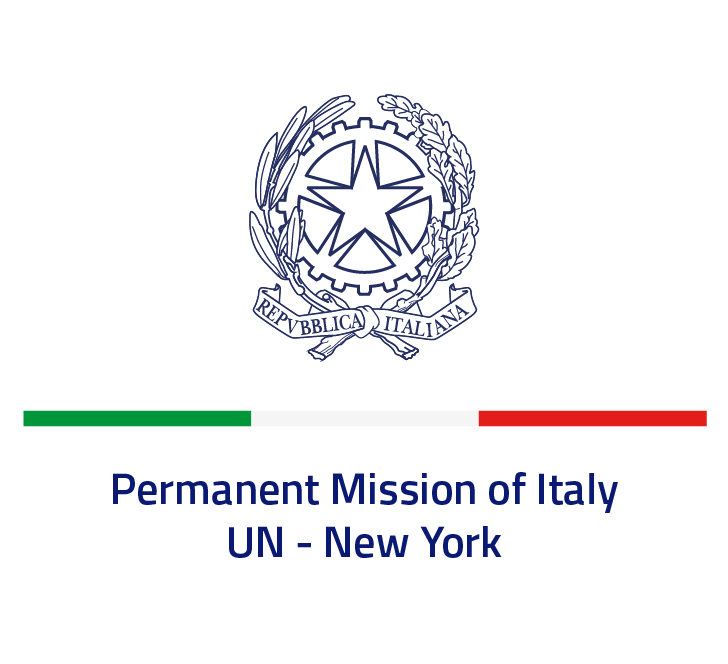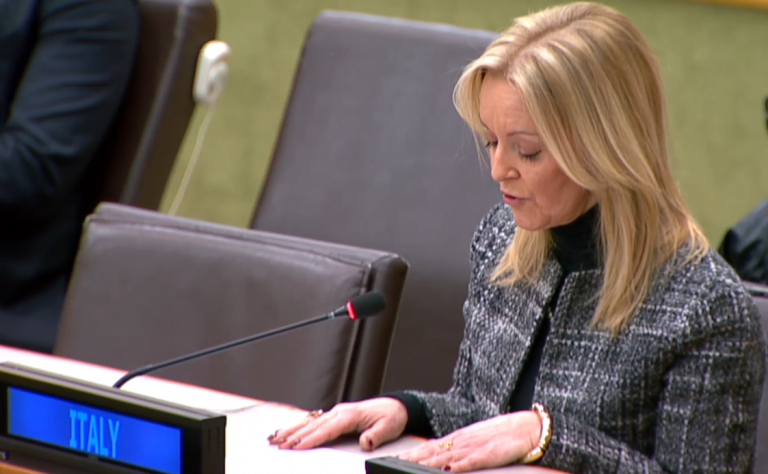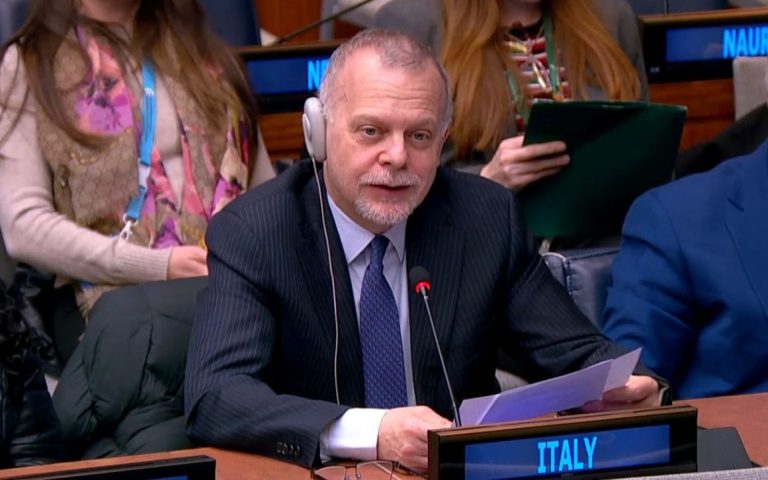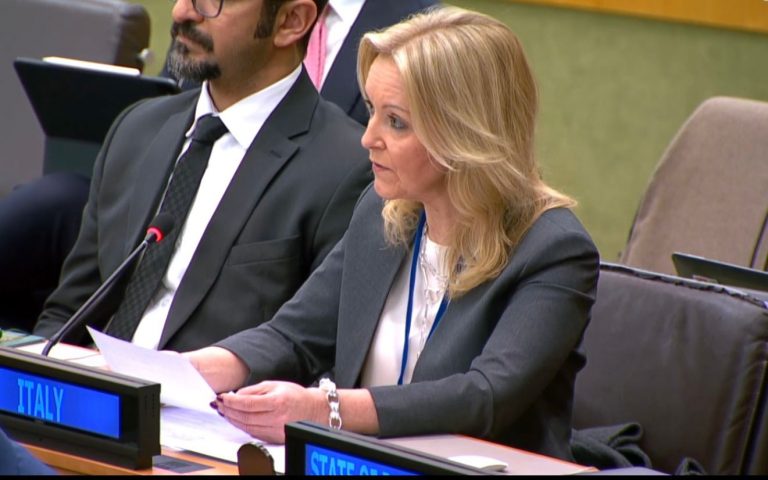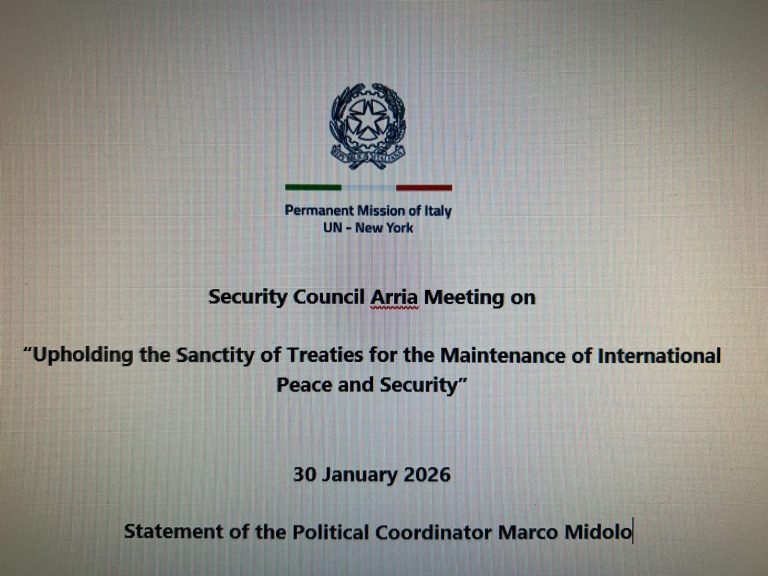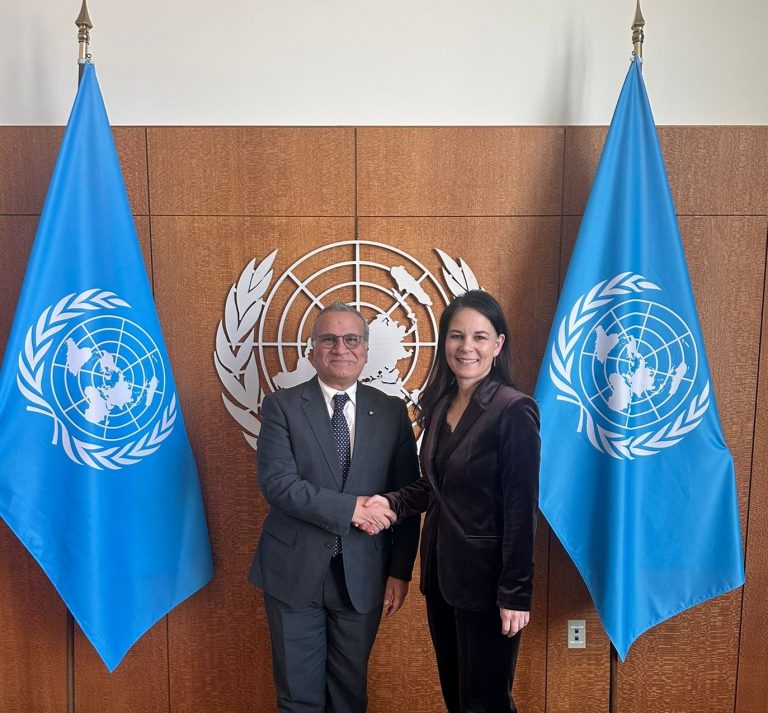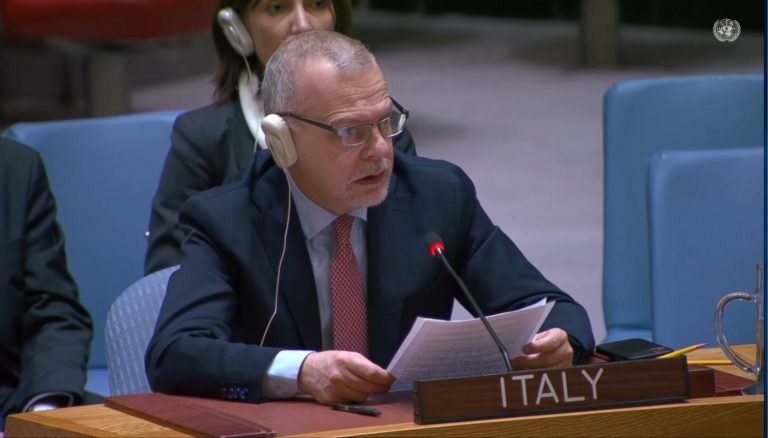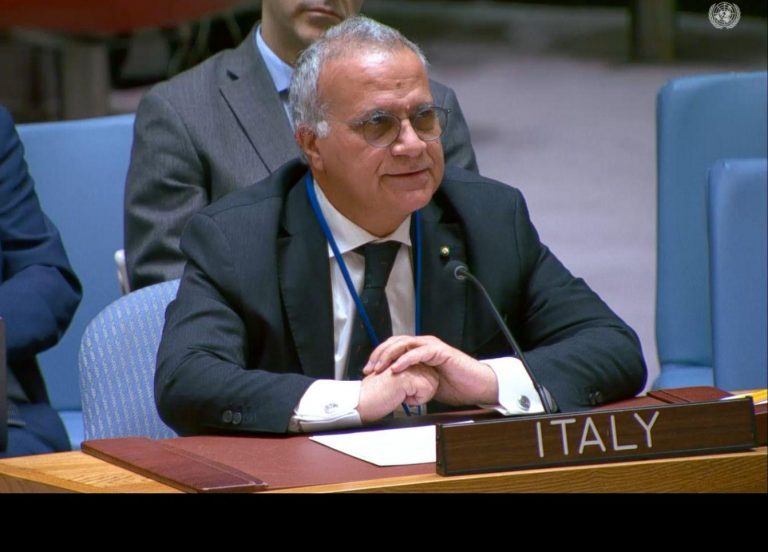On the occasion of the High-Level Week of the 80th session of the United Nations General Assembly in New York, “Uniting for Consensus” (UfC) – a pro-reform and cross-regional group, composed of Argentina, Canada, Colombia, Costa Rica, Italy, Malta, Mexico, Pakistan, Republic of Korea, San Marino, Spain and Türkiye – reaffirms its unwavering commitment to the reform of the Security Council and to the purposes and principles of the Charter of the United Nations.
The group welcomes the continuation of Inter-Governmental Negotiations (IGN), which remains the sole legitimate, inclusive Member States-driven platform to hold discussions on Security Council Reform.
As mandated by General Assembly Decision 62/557 and in line with the Resolution 79/1, we are committed to pursue a comprehensive reform of the Security Council that can garner the widest possible political acceptance by Member States to make the Council more democratic, representative, effective, accountable, inclusive, transparent and responsive to today’s global challenges. We appreciate the work of the Chairs and co-Chairs to foster a productive dialogue in the IGN and the progress made so far particularly during the last IGN session, which contributed to constructive and transparent discussions on the five interlinked clusters of the Reform and was enriched by the analysis of concrete models, such as the model presented by the Caribbean Community and Liechtenstein’s revised model. at the forthcoming IGN sessions to further the discussions reflective of our shared commitment to UNSC reform. In the spirit of reciprocal flexibility and compromise, we look forward to building on the convergences to eventually reach agreement on a proposal that enjoys the “widest possible political acceptance”. In this regard, we advocate for the widest participation of Member States, with a view to reaching a consensus on a comprehensive reform.
In this context, the model presented by Uniting for Consensus focuses on enhancing the Council’s representation, accountability and effectiveness, and therefore supports the increase of only the elected, non-permanent members, including longer-term non-permanent seats. Fully cognizant of the need to redress the historical injustice against Africa, we recognize the imperative need to strengthen the presence in the Council of the African continent as well as other underrepresented regions such as the Asia-Pacific, Latin America and the Caribbean, and are committed to finding a practical solution that takes into account these aspirations. The General Assembly recently agreed to continue discussions on the issue of representation of cross-regional groups, taking into account that Small Island Developing States (SIDS), Arab States and others, such as the Organization of Islamic Cooperation, have been mentioned in IGN discussions.
Furthermore, our proposal envisages the improvement of the working methods of the Council and of the relations between the Council and the General Assembly. Finally, while advocating for the suppression of the veto, we should act together in the immediate term to move towards its limitation in specific circumstances, such as, but not limited to, mass atrocities and war crimes, in line with the existing initiatives such as the Franco-Mexican initiative and the ACT code of conduct.
We stand ready to collaborate closely with the President of the General Assembly, the Chair and co-Chairs of the IGN, other Member States and negotiating groups, in order to advance the shared aspiration for a reformed Security Council, better serving the interests of the international community in achieving peace and security for all.







